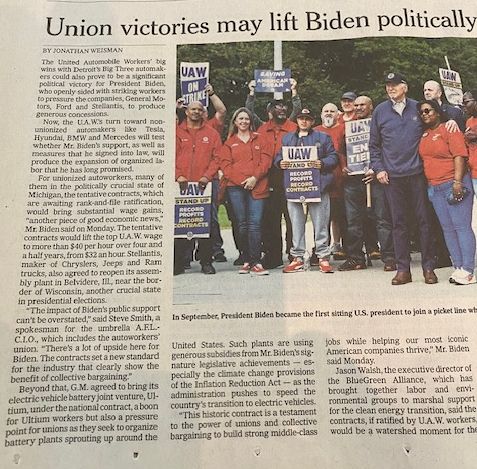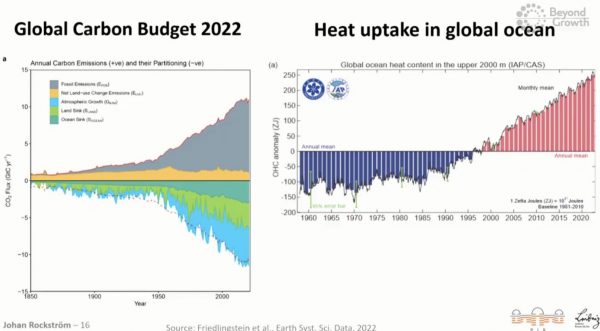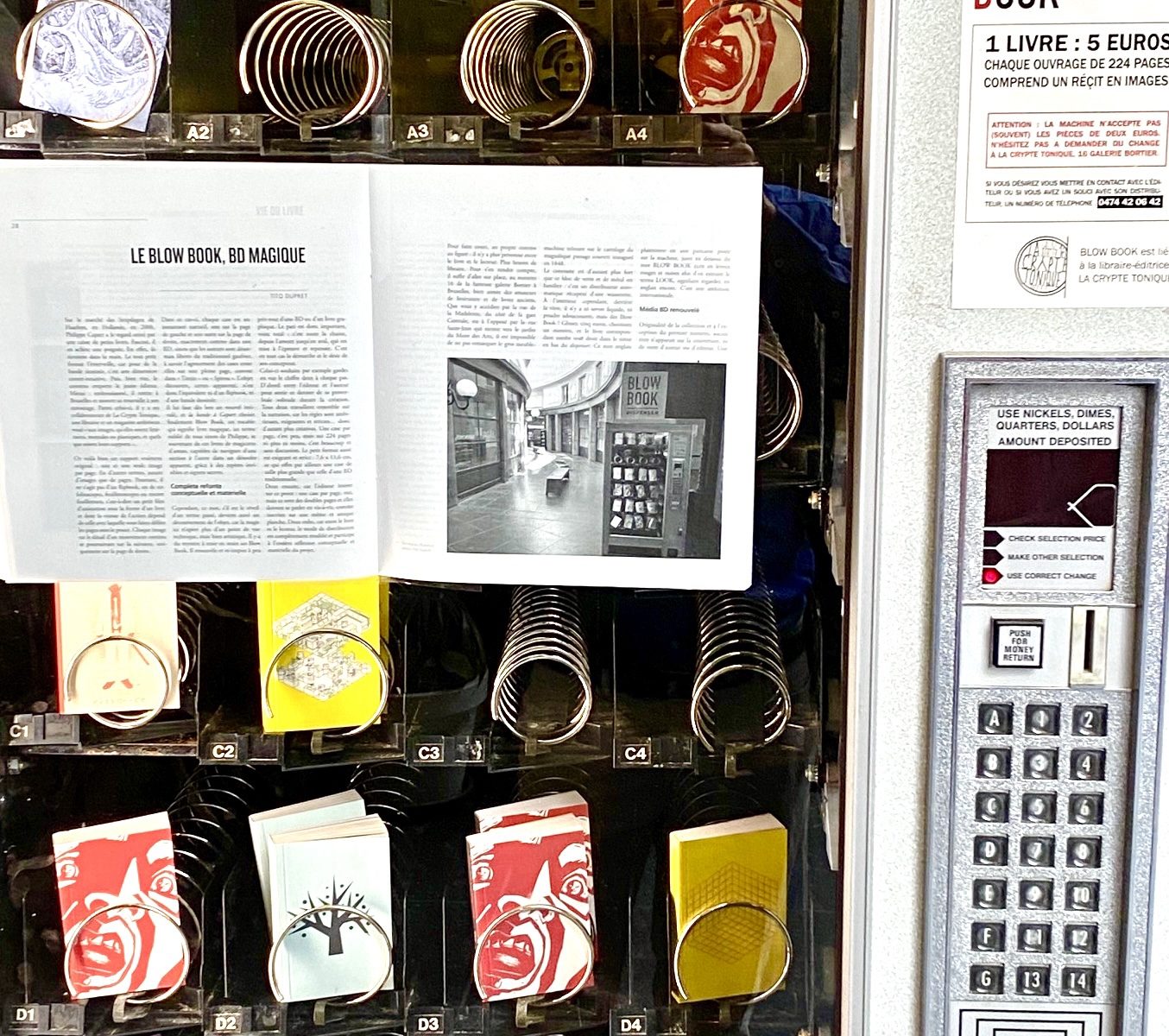The US economy under Biden had continued to make Americans richer. In an article by Talmon Joseph Smith in the New York Times from 2025-4-3 p. 7 the puzzle that Americans have grown richer, but don’t feel it, has been well explained. The large share of households owning their homes albeit with mortgages from low interest periods have witnessed their increased wealth. However, inflation is eating into their cash available for daily purchases. With another round of tariffs and additional inflationary pressure caused by those, the average person or household doesn’t fell much better off than some years ago. Economic anxiety and our preference for loss aversion or loss avoidance make us react with consumption restrictions to prepare for increased risks as well increased uncertainty about the directions of the whole economy and our very private wealth and consumption patterns. How and when the US economy will get back on track remains to be seen. Higher uncertainty usually reduces investments and with increasing interest rates again the economic recovery might be protracted. The NYT p.7 cites business owners with statements like “we’re not putting our foot on the brake, but we’re taking our foot off the gas.” Betrayel of working class people due to rising unemployment after 3 years of very low unemployment is likely to widen wealth gaps in the US population even further. The rich will get richer, but at high costs to the population as a whole. (Image: ceiling painting in Petit Palais, Paris). 
Sufficient
What do we mean by sufficient? Sufficient of what? French philosophers currently debate the topic under the French notion of sobriété (sobriety). They give as English translation sufficiency, but the notions do not match exactly in the usual understanding of the words. In breaking with the economic rationale of more is always better, the idea of having sufficient food, room to live in or social contacts to not feel lonely, the notion of sufficiency hints towards a rethinking of our customary lifestyles. How many trousers are sufficient? Well, as with shoes there might be gender differences or more generally interpersonal differences or preferences to come to the conclusion of how many is sufficient. If we bring in the notion of sobriety in additional, we allow another social and/or ecological dimension. This may redefine what is sufficient based on judgments how much our planet can handle (emissions) and distributional judgments. The western lifestyle of the last 100 years is no role model for other countries to follow. It is urgent to rethink our growth based economic model to develop new socially viable ways of production and consumption. It seems to be a necessary condition to reconsider the notion of wellbeing and wealth from a sufficiency perspective. It is a sobering thought, isn‘t it?

Bidenomics
Some American presidents become famous due to specific economic policies they managed to formulate, get approved and implemented them. Reaganomics, of previous U.S. president Ronald Reagan, was coined in connection with an open market doctrine, favouring monetary policy instead of fiscal stimuli. Bidenomics, of incumbent president Joe Biden, is characterised by his “produce in America”, Inflation Reduction Act, and fiscal stimulus provided for green and social investments.
Whereas Reagon sat more with bankers and central bankers, Biden is keen to stand with unionised workers even on the picket line. Investments that favour good jobs, jobs that apply pay scales agreed upon through collective bargaining are part of the Bidenomics that seems to work to raise the wages of the middle-class people. In the medium-term there might even be effects to lift the lower wages in other sectors of the economy as well. However, this is the tricky part of the equation to support the middle-classes and somehow the median voter.
American elections are won in so-called swing states that have voted democrats or republicans by narrow margins. Many of these states are in the “Rust-belt” states that have or had a strong manufacturing base. Bidenomics works hard to make the economy work for those people in these states, who have felt threatened by declassification, job loss and undercutting of wages due to migration. Substantial wage gains from $32/h to $40/h over 4 years is a landmark achievement in the U.S (see New York Times below). Non-unionised firms like Tesla, Hyundai or BMW and Mercedes in the U.S. will be isolated if they do not follow General Motors, Ford and Stellantis in the coming months or years.
It is not just about cars and trucks and wages, but about the chances of Biden and the Democrats to stem the renewed populist tide in the U.S. German car makers appear to be in the camp with the Tesla X-Man avoiding to negotiate with trade unions in the U.S. If Biden stays on as president after the next election, Bidenomics will gain further support and production of batteries and cars will be favoured locally with good paying, unionised jobs. Despite the high interest rates currently it is astonishing to many economist that the U.S. has not fallen into recession like for example Germany in at least 2 quarters of 2023. (Image: extract of Ney York Times 2023-11-2)
Greenwashing
We mostly think of greenwashing of big polluting industries , but there many other ways to cheat with green labels. When you travel through green Switzerland you might be surprised of how the Swiss way of greenwashing works. In order to survive as tourist attraction with less snow (Study published in Nature Climate change 2023) and reduced numbers of trees, greenwashing has to happen quickly before tourists arrive again.
The challenge is to clear your sick parts of the forest quickly and to build new ways for fast lifts to heights in the mountains where you are likely to find snow at least for the next 30 years after which the investment is amortized. (quote from Neue Zürcher Zeitung 5.8.2023 p11). This all is carried through in speedy fashion and probably in the most polluting way you can imagine. Heidi would cry in the arms of her grandfather and join Greta in the school strike.


Books
Some say, a book is a book, is a book. This is to reiterate the lasting effect a printed volume might have. Many books are a form of a documentation of facts. Creative writing in whatever form finds most of the time some way into a format of a book. For centuries books have facilitated the diffusion of myths and stories throughout societies including translated versions of the content. 2 aspects are constituent here (1) form and (2) content. Annual book fairs receive most attention for new content within more or less the same rectangular format. There are, nevertheless, interesting variations of the form to be discovered as well. Traditionally book binding was the art that gave shapes to the content. Images in form of film are yet another representation of the book content. All this is “dealt” with at the Frankfurt book fair #fbm23, particularly in form of dealing in and with copyrights. New forms of delivery of content, online or as e-book, have added to the variety of books. Pay as you go or as abonnement with monthly delivery is the old and maybe fashionable new way to digest abundant content. People trust in books. The format as book in general seems to remain an authoritative form to present content, irrespective of the truthful or fictional kind of the content. The more we live in insecure circumstances, the more we tend to be willing to hold on to a pile of paper nicely woven or clued. It is still a very powerful tool to guide imagination for all ages. It allows us to learn at our own rhythm as far as we are willing to go. We are, or seem to be, in control of the process as well as the likely outcome. And yet, the spice of life is the surprise. Book it.


See Wasser
Der Bericht der europäischen Umweltagentur 2023 beschreibt eine durchschnittlich gute Wasserqualität der Seen in der EU (Link). Die Aufmerksamkeit für das Baden in den Seen und als touristisch wertvolle Naherholungsgebiete haben die Beachtung in den letzten Jahren wieder steigen lassen. Das ging leider oft auf Kosten der zu Wasserstraßen ausgebauten fließenden Gewässern. Dort befanden sich bis vor einigen Jahren noch vielerorts Flussbäder. Das war früher riskant und ist heute eigentlich größtenteils verboten. Wieder etwas, das wir dem Wirtschaftswachstum geopfert haben. Mehr Wirtschaftswachstum erscheint statistisch sinnvoll, mehr Lebensqualität hat das aber nicht immer mitsichgebracht. 

Beyond growth
We have reached the bio-physical limits to economic growth much earlier than most people and experts expected. The “Beyond growth conference” at the European Parliament 15.-17.5.2023 is quite unanimous in this verdict of collective failure. Some advocate “degrowth” in various forms. Maybe the framing of how to address the vital topic of how to set objectives for a post-growth economy needs an even broader perspective. It is a global issue, but the industrial growth societies around the globe will have to work together to find and implement solutions. The worldwide conference COP-XY are hardly delivering on the issue. At best they satisfy the ego of political leaders to address important issues providing nice images from nice places in the world (Paris agreement) to advance their own political campaigns.
From an economist’s view rather than solving a very complex issue with uncertain outcome, it is more instructive to, for example, start to produce the same economic and social well-being by using much less natural resources above all climate-toxic elements (Carbon-dioxide CO2, Chlorofluorocarbons CFC, or methane). These are simple first steps with a rather immediate effect. After the recent crises we have learned to safe resources (heating) and reduce mobility, just continuing on this trajectory is feasible. Vastly excessive forms of consumption need to be capped through targeted taxes that allow redistribution or investment in reduction of pollution. It isn’t hard to do, or “It’s easy, if you try“, we might sing. 


